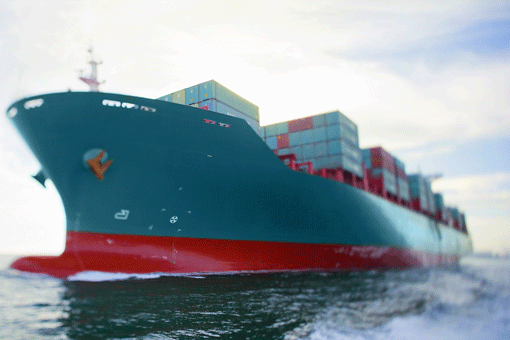Thirty years ago, Canada lowered its import tariffs on European shoes. Now, Canadian shoemakers are pushing for full tariff elimination. Why? They want cheaper access to European manufacturing machinery. After three decades of sizing up the competition, Canadian manufacturers have established a comparative advantage on shoe models that can compete in European markets—and they need less expensive inputs to produce them.
Enter the Comprehensive Economic and Trade Agreement (CETA)—the free-trade accord currently under negotiation between Canada and the European Union (EU). If it succeeds, it will be Canada’s largest international commercial initiative after NAFTA. Negotiations began in May 2009, seven months after a joint study concluded that an agreement would increase bilateral trade by roughly 20 percent, adding $11.88 billion (C$12 billion) annually to Canada’s GDP.
The negotiation process is different from the past. Representatives from all 13 of Canada’s provinces and territories are present at 6 of the 12 negotiating tables with EU representatives.
While such a fragmented negotiating arrangement would seem to be a prescription for chaos, the process works in part because all the Canadian parties recognize that free trade with the EU offers Canada several advantages. As Maurice Bitran, chief negotiator for the province of Ontario, puts it, “The idea that freer trade equals more economic opportunity is part of the lexicon.” In contrast, Canada’s traditional commercial dependence on the United States always has the risk of U.S. protectionism hanging over it, as in 2009 when the U.S. Congress briefly included “Buy American” provisions into the American Recovery and Reinvestment Act.
Although the EU places second behind the U.S. with respect to foreign direct investment in Canadian stocks and imports of Canadian goods and services, it remains the world’s largest trading bloc and overall foreign investor.
But while Canada clearly stands to gain from accessing EU markets and capital, the advantages to Europe are not as obvious. Canada was only the EU’s eleventh-largest export destination in 2009 and has a consumer base that is 15 times smaller than the EU.
There are, however, several important reasons for Canada’s commercial appeal to Europeans. Its rich natural resources is one. Access to thriving electronics and technology industries, as well as one of the world’s most highly educated labor forces, are others. Europeans are also hoping to participate in major Canadian infrastructure projects in water, sanitation and energy. Currently, Canadian law prohibits foreign-owned companies from nations with which Canada has no trade commitments from bidding on public projects. Removing these barriers could generate hundreds of billions of dollars in new revenue for EU businesses. Finally, some analysts speculate that CETA may be the EU’s first step in establishing a larger transatlantic free-trade zone that would include the United States.
Every issue is on the negotiating table. The Europeans hope to standardize regulations and procedures for their business operations in Canada, allowing them to bid for public procurement contracts in each province or territory. Also hoped for is the establishment of common standards for health, labor, the environment, and agriculture—which, under Canada’s system, are developed at the provincial level or jointly between the federal government and individual provinces. Québec and Ontario are likely to play an amplified role in these negotiations, since together they account for three-fourths of all Canadian exports.
The negotiations have ignited debate in both Canada and the EU. Many Canadian business associations favor reduced tariffs. In line with this, CETA’s goal is to shrink the number of customs duties by at least 90 percent, from 15,000 to 1,500, on the way to full tariff elimination. The joint study that gauged the feasibility of an EU-Canada accord projected as much as a 33 percent increase in revenues to Canadian firms and a 24 percent increase in EU exports to Canada.
However, labor unions like the Canadian Union of Public Employees and the European Federation of Public Service Unions claim that an agreement will cost Canada jobs. They argue that if Canada’s provinces and territories liberalize services by opening their procurement bidding to foreign firms, they will favor privately-owned European multinational corporations that provide lower costs and lower wages. Mr. Bitran dismisses their concerns as grounded in ideology.
The fifth round of negotiations concluded in Ottawa in October 2010, and the sixth and seventh rounds are expected to take place before the middle of 2011. Negotiators hope to sign an agreement by this summer. CETA will then require ratification by the Parliament of Canada and both houses of the EU’s legislature: the Council of the European Union and the European Parliament. Bitran says a number of “tough issues” remain, but he insists the talks “are moving at a good speed.”






